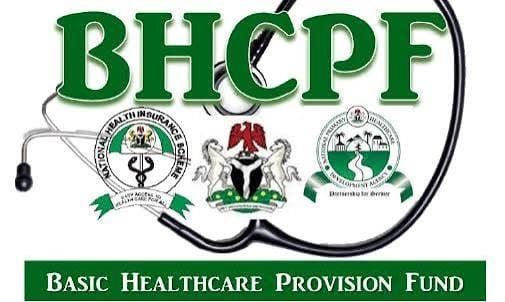
ABUJA, Nigeria – The World Health Organisation (WHO) has urged Nigeria to prioritise adolescent health and mental well-being, warning that millions of young people face growing risks from preventable illnesses, poor physical activity, and rising mental health disorders.
Speaking at the 2025 International Adolescent Health Week (IAHW) in Abuja on Monday, WHO Representative to Nigeria, Dr Pravel Ursu commended the Federal Government’s progress but called for stronger, data-driven interventions.
“Adolescents make up about 30 million of Nigeria’s population, a diverse group facing complex challenges,” he said. “Addressing preventable adolescent deaths will also strengthen maternal and national health outcomes.”
Dr Ursu cited WHO data showing that 10–20% of adolescents globally experience mental health disorders, with most cases beginning between ages 11 and 18. He noted that Nigeria still faces low mental health literacy and high stigma, despite increasing depression and substance use.
He also referenced Nigeria’s 2018 Physical Activity Report Card, which revealed that only 20–39% of youth engage in regular physical activity.
Dr Ursu urged a whole-of-government approach, integrating adolescent health into the Sustainable Development Goals (SDGs) and Universal Health Coverage (UHC).
“Adolescent health must be a national priority,” he said. “We must create safe spaces for young people to express themselves, access support, and thrive.”
He reaffirmed WHO’s support for Nigeria under the Health Sector Renewal Investment Programme, aligned with its 2030 goal for robust mental health systems across Africa.




